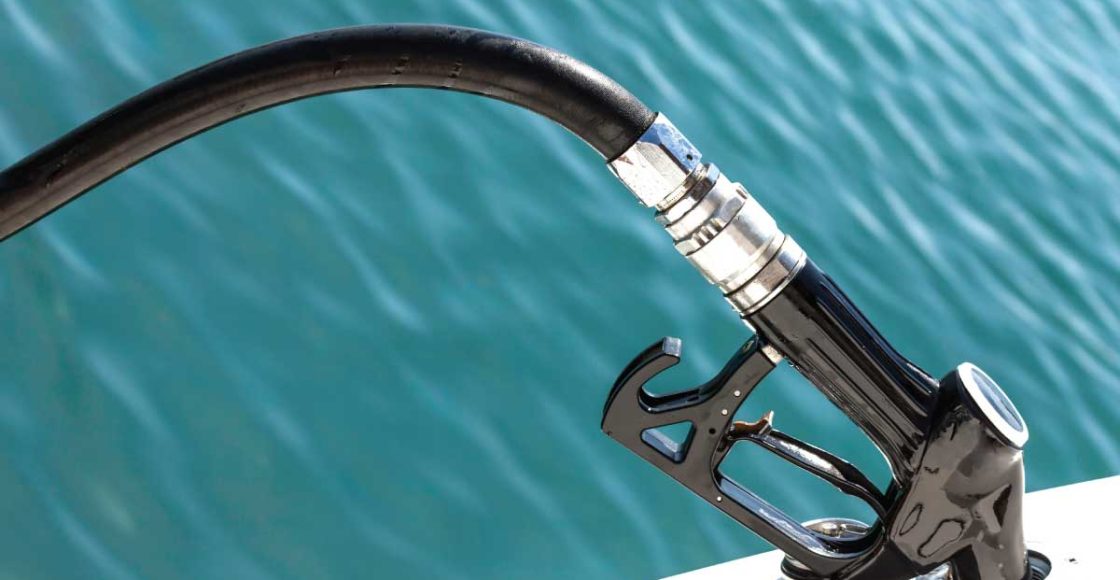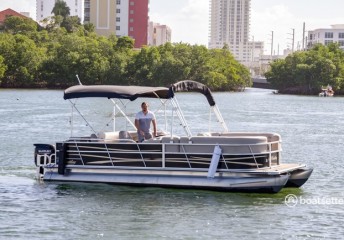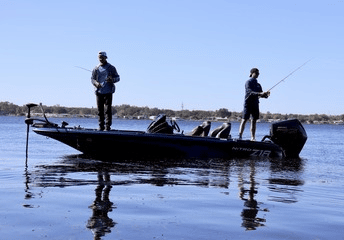Running Out of Gas on a Boat: What Now?
Last Updated on July 19, 2022 by Boatsetter Team
Almost everyone has run out of gas while driving their car. A phone call to a family member, friend, or roadside assistance can usually resolve the issue with little danger other than a bruised ego. Even acquaintances or coworkers will usually go out of their way to help. But what do you do if your boat runs out of fuel?
When renting a boat on Boatsetter or through our app, a day on the water should end with the vessel and its crew returning safely to their home port with smiles on their faces.
While we strongly recommend paying close attention to the gas gauge—regardless of whether you own your own boat or if you’re just renting—we understand that sometimes barnacles happen! So you ran out of gas, what now?
Follow these helpful steps if you’ve run out of gas on a boat:
- Check how far are you from the shore.
- If possible, release your anchor to hold your position.
- Call for assistance on your cell phone (or use your VHF radio)
- Call for help
- Locate drinking water and weather gear
Looking for Boat Rentals near you? Search on Boatsetter
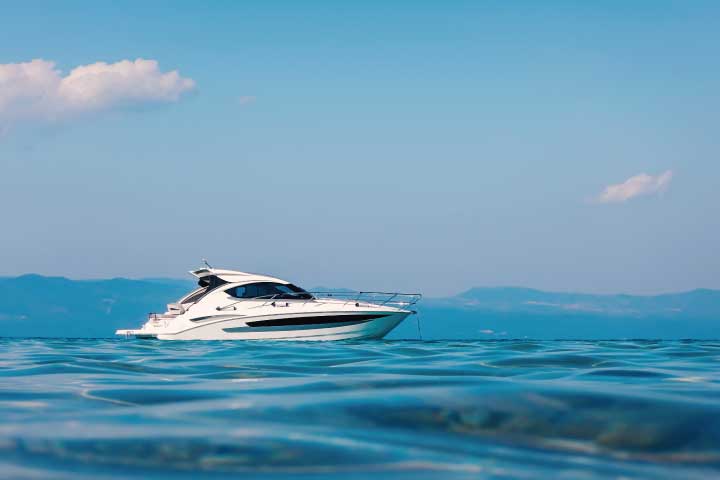
1. Check how far are you from the shore
First, see how far you are from shore, and assure you are not in any immediate danger of running into rocks, other boats, or similar obstacles. Try to spot a nearby landmark that will help others determine your approximate positioning.
Use your cell phone, chartplotter, marine GPS, or another marine electronic to pull your exact GPS location—this will be helpful in making it easier for emergency personnel or towing services to find you.
2. Drop anchor to hold your position
If you run out of fuel, one of your first tasks should also be to stop the boat from drifting farther out to deeper water.
If possible, drop the anchor and let out enough line to secure the boat to stop the boat from drifting offshore. By doing this, you’ll be easier to locate!
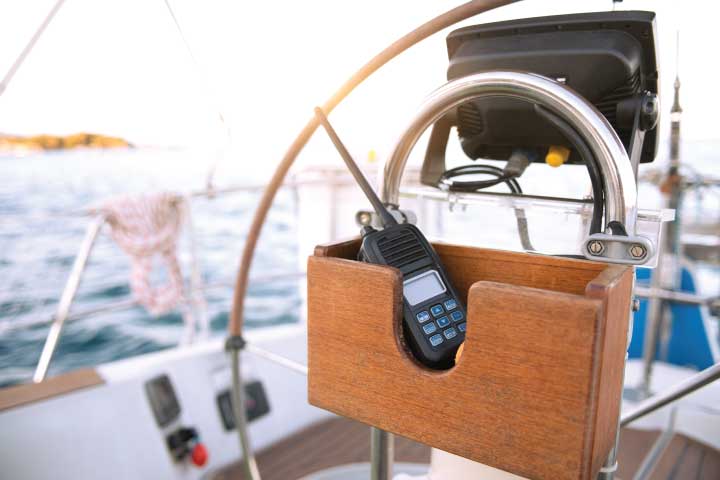
3. Call for assistance on your cell phone (or use your VHF radio onboard)
You will need to alert someone of your situation and call for assistance. If your cell phone is still connected, call your family to tell them you are ok, share the details of your trip, and ask for help.
If you don’t know anyone with a boat who you can call for help, you have two other options: contact the U.S. Coast Guard or call a marine towing service like Sea Tow or BoatUS.
- You can reach the Coast Guard using your VHF radio on channel 16. The Coast Guard typically responds to emergencies like a fire, sinking, or a life-threatening physical issue such as a heart attack or injury.
- If you are broken down or out of fuel and not in immediate danger, they will contact Sea Tow or BoatUS for your rescue!
It’s important to know that being towed in or having a marine towing company bring you fuel is not cheap; however, by becoming a member of groups like BoatUS, like car owners can join AAA, your emergency expenses will be covered entirely (in most cases), including out-of-fuel emergencies.
4. Locate drinking water and shelter on the boat
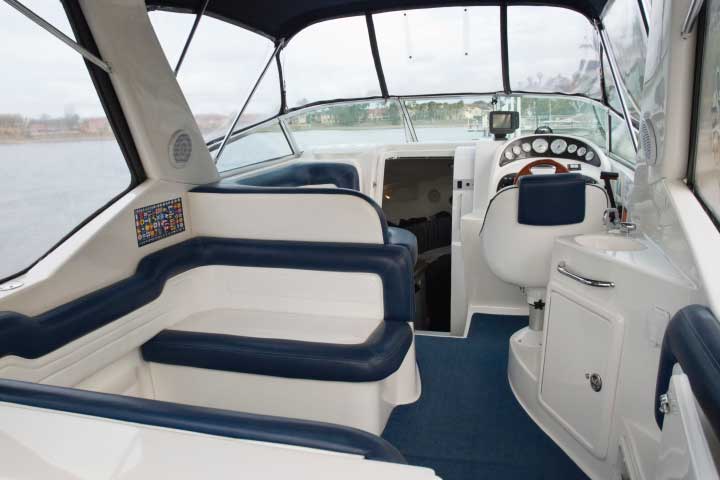
Keep in mind that on a boat, even if there is some shelter, you will be more exposed to changing weather conditions and changes in sea conditions. So be prepared!
- Keep extra drinking water and extra clothing on board in case it takes time for an emergency crew to find you.
Luckily, running out of fuel can be avoided by carefully planning your trip, watching your fuel use, and ensuring you leave the dock with a full tank of gas or diesel.
Keep a great day on the water great by eyeing your fuel meter and heading home while there is still plenty left in the tank.
Already Own a Boat? Earn an Average of $20K by Renting it Out on Boatsetter

Chuck Warren fell in love with boats at 9 years old while helping to restore his grandfather’s 1939 44-foot Elco cruiser. A lifelong boater, Chuck has experience operating large and small vessels on the waters of the Atlantic, Gulf of Mexico, Caribbean, and the Great Lakes.
During his 35-year marine industry career, Chuck has been the driver for several offshore powerboat racing teams, the chief engineer aboard a Caribbean research and salvage vessel, captain of a Florida Keys sunset cruise, and more.
Today, Chuck is a boating industry writer, copywriter, and captain who lives on his 40-foot boat in the summer when he isn’t delivering vessels around the Great Lakes or teaching new boaters to drive. Winters are split between the West Michigan lakeshore and wherever his travels take him.
